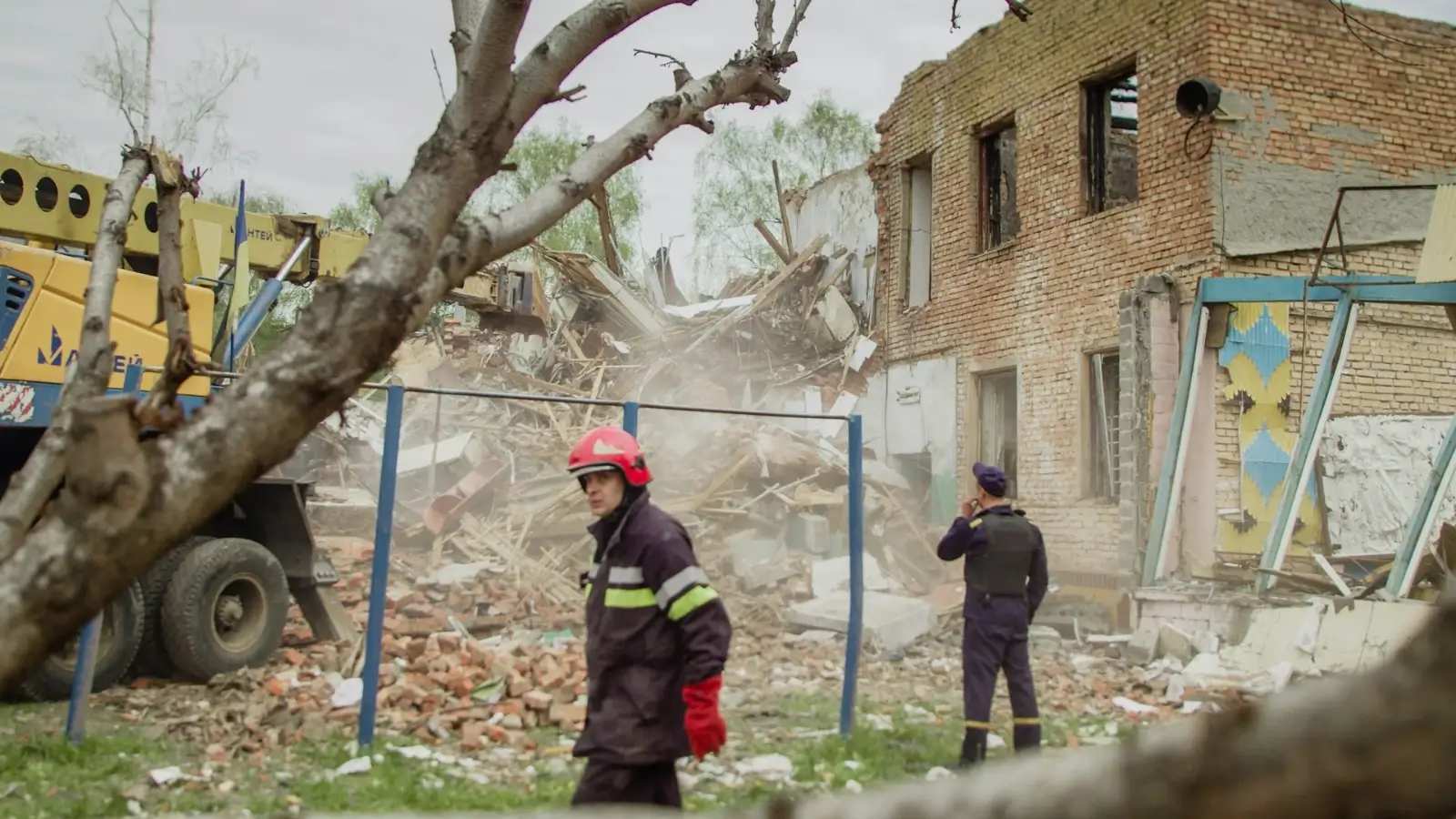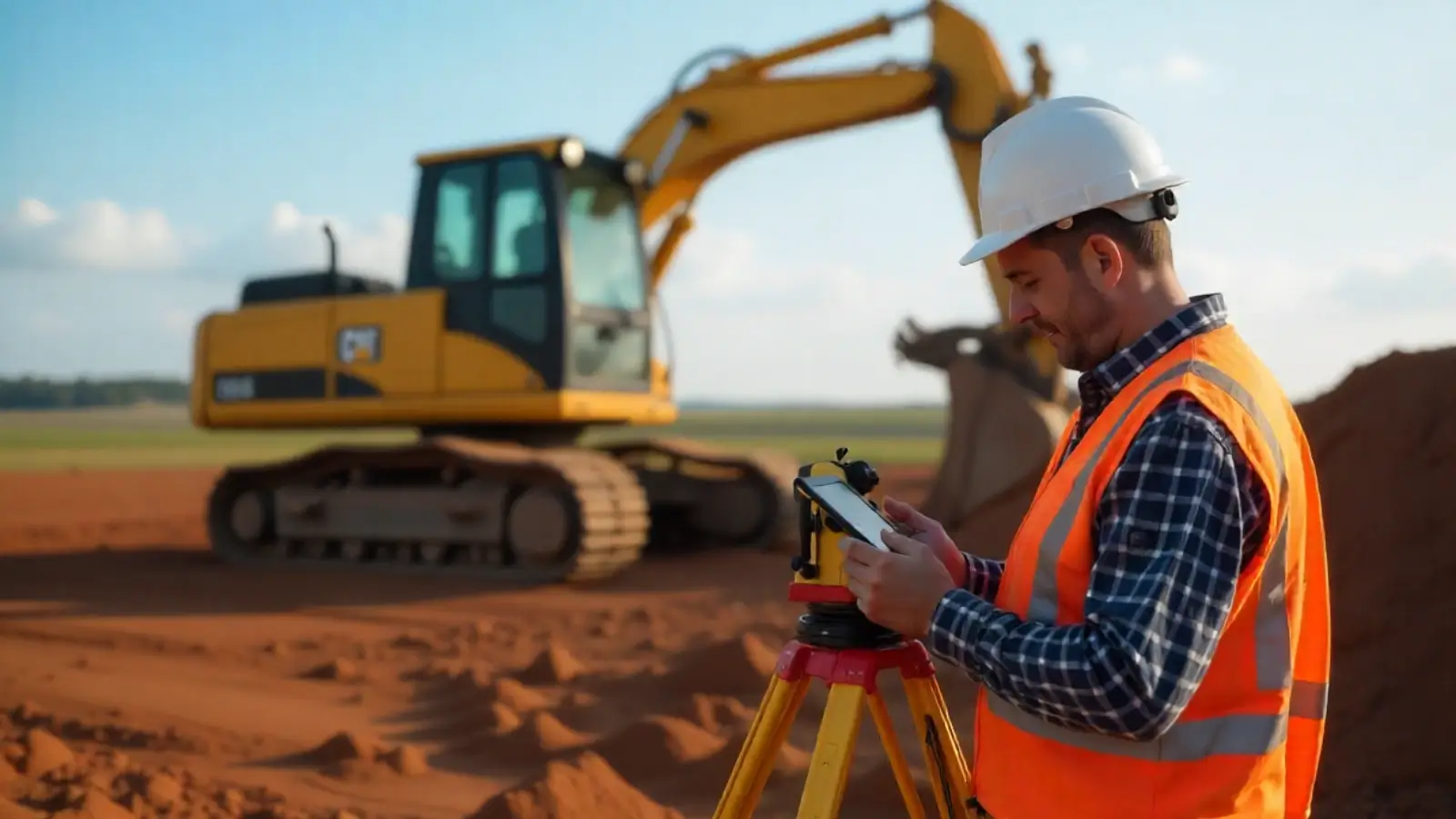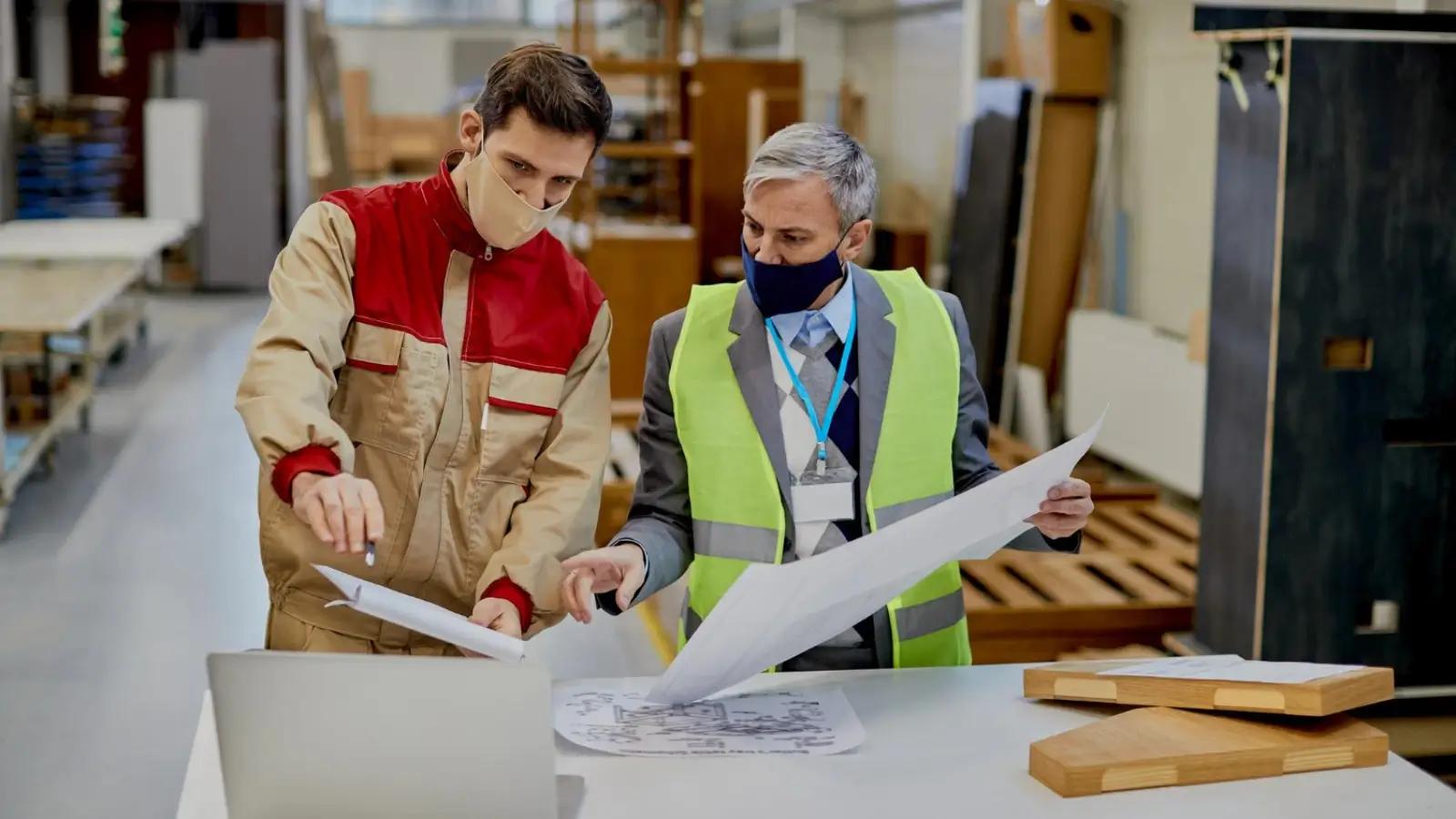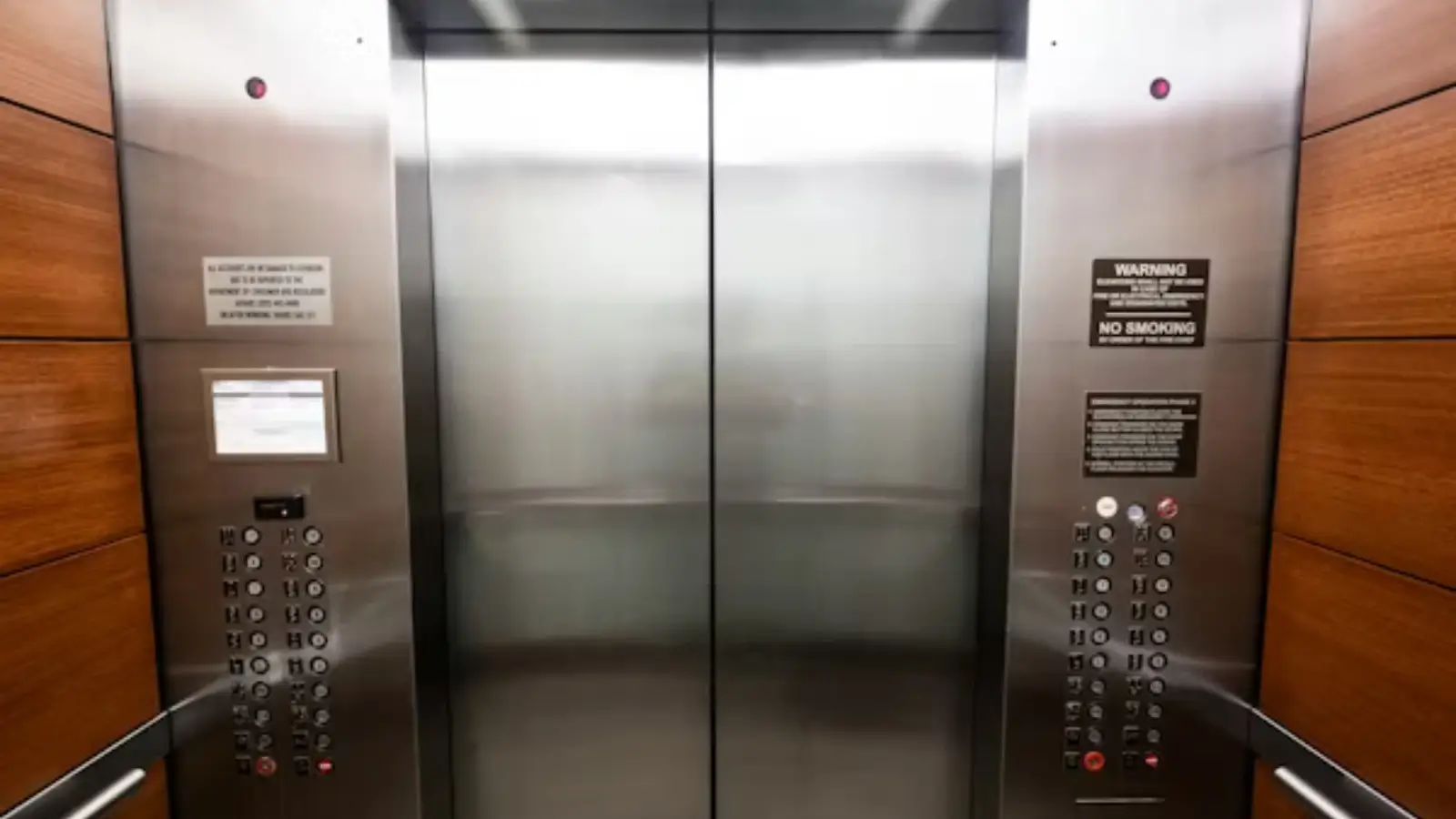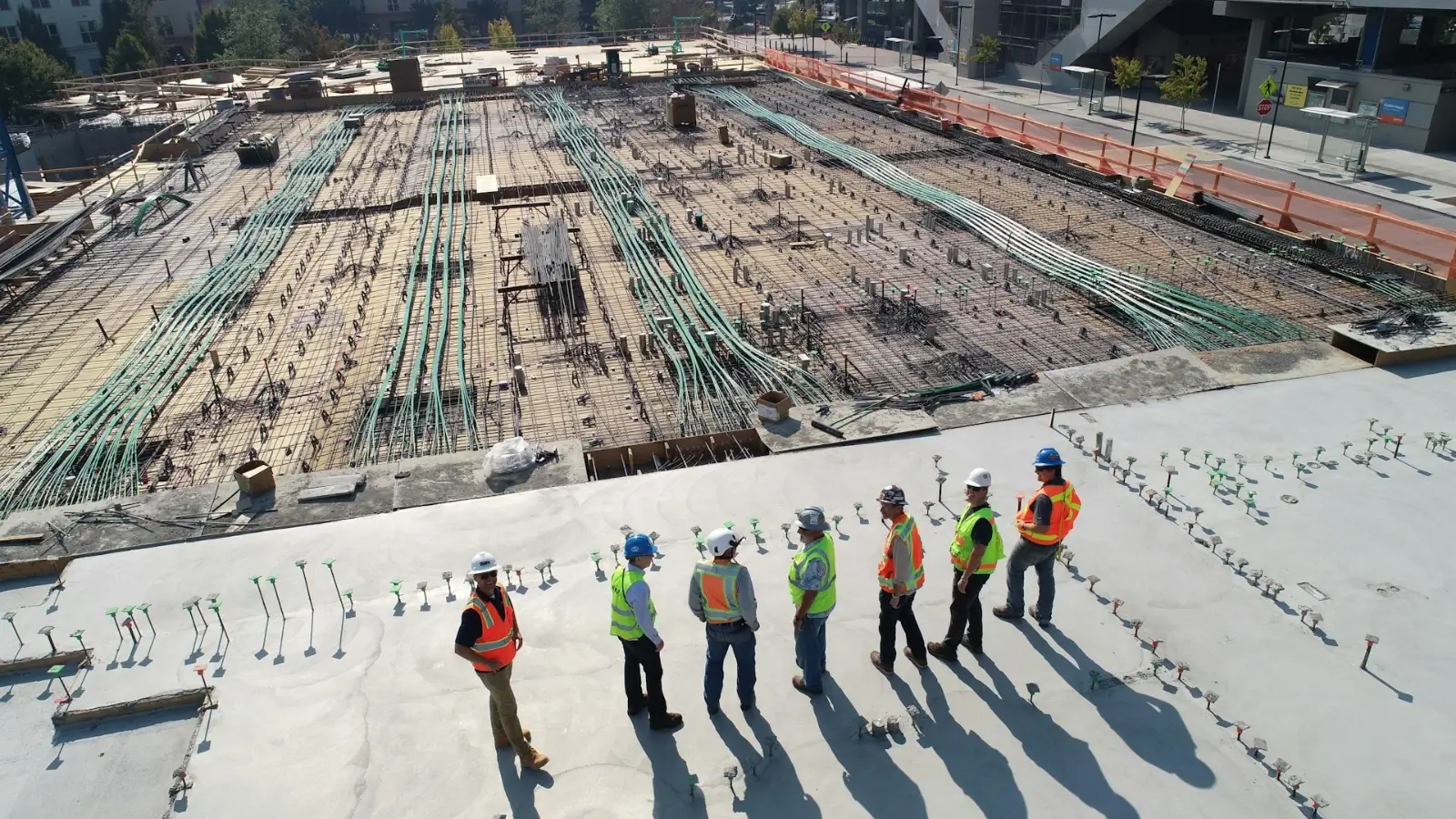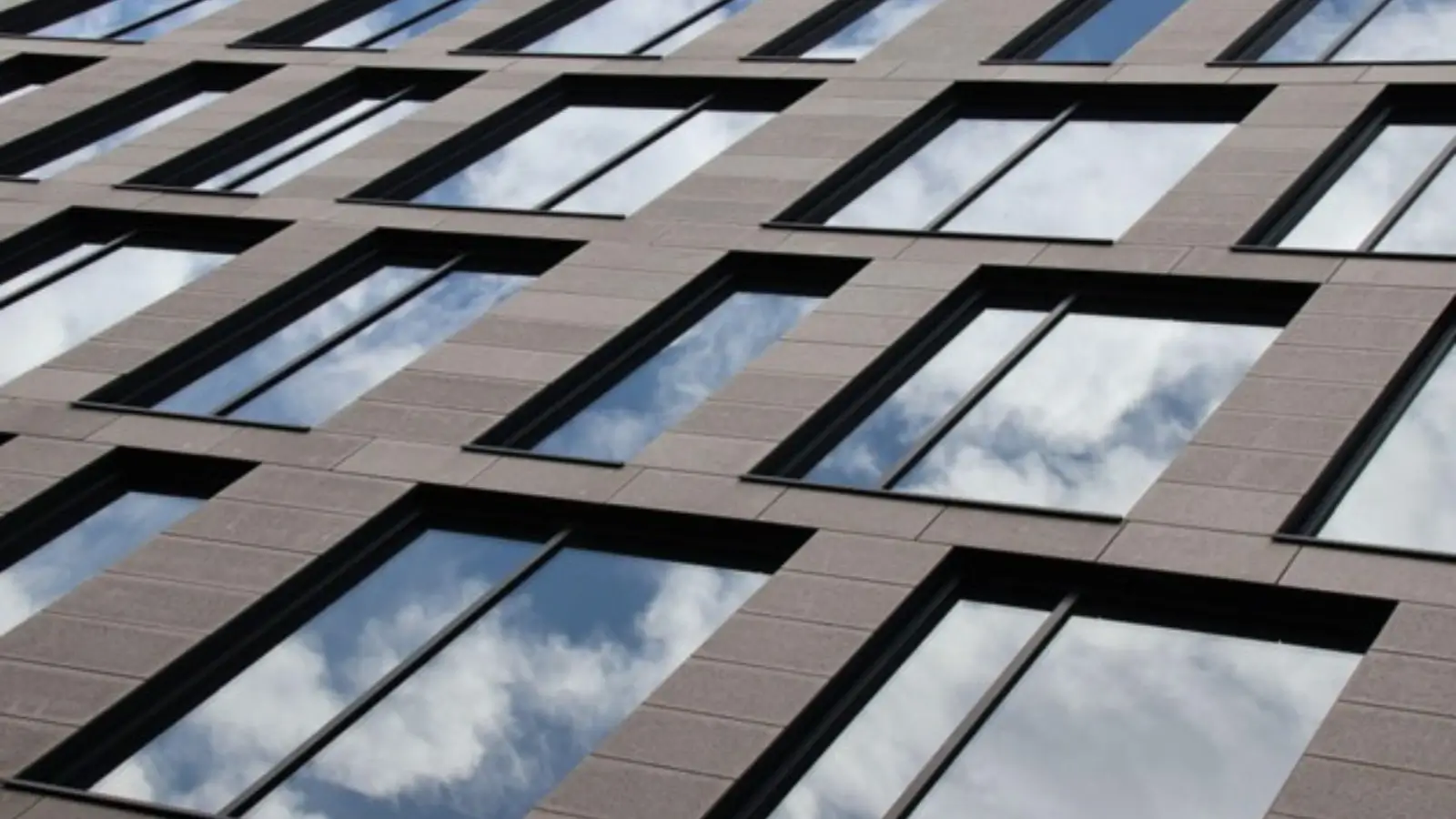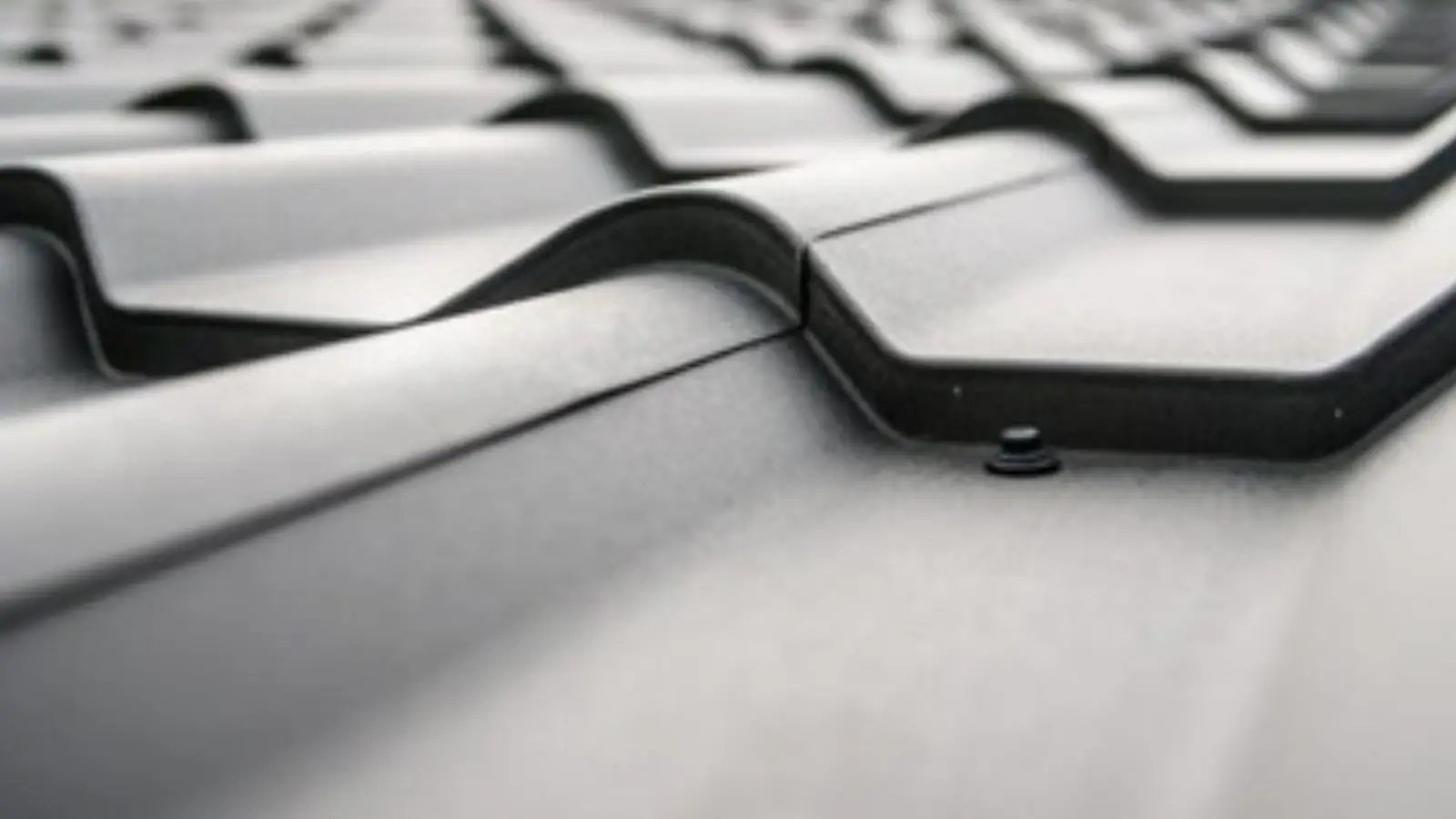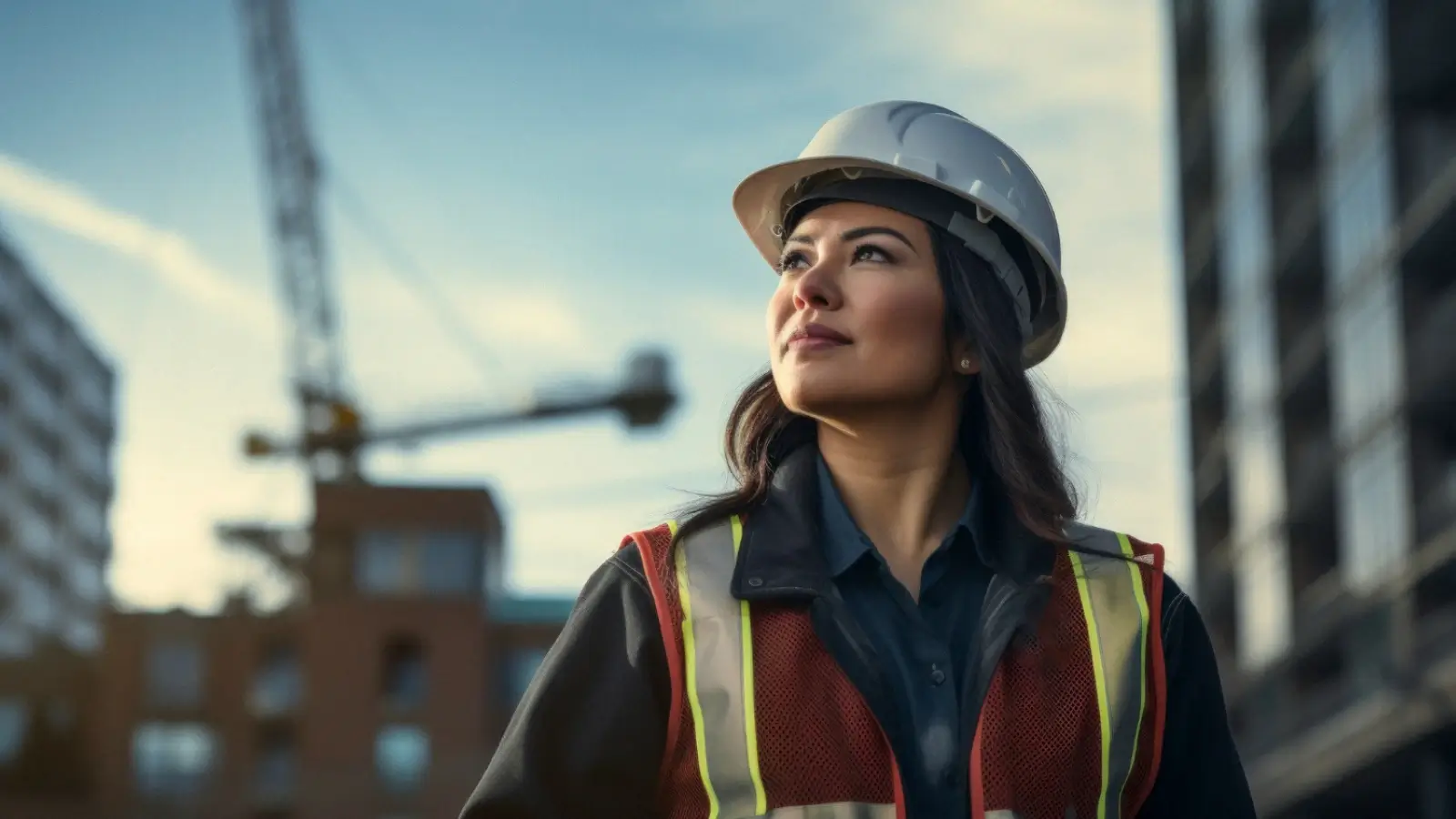10 Benefits of Using Drones in Construction

Due to inefficient monitoring, construction projects often face challenges like inaccurate surveys, safety risks, and delays. These issues can lead to costly errors and extended timelines.
As drone technology continues to advance, the drone market in the United Arab Emirates is expected to generate US$4.4 million in revenue by 2025, reinforcing its growing role in transforming the construction industry.
However, the integration of drone technology is transforming the industry, offering a powerful solution to these pain points. Whether it's improving survey accuracy, enhancing safety, or streamlining project tracking, drones are reshaping how construction sites are managed.
Benefits of Using a Drone for Construction
Drone technology is playing an increasingly vital role in transforming the construction industry in the UAE. FEDS Drone-Powered Solutions supports the region's growing construction market with advanced drone services. Using drones in construction brings numerous benefits that enhance efficiency and safety. Drones provide increased accuracy in surveying and mapping, far surpassing traditional methods. They significantly reduce costs by eliminating the need for extensive manual labour and expensive surveying equipment. Safety on construction sites is also improved, as drones can inspect hazardous areas without putting workers at risk.
With real-time monitoring, drones allow for ongoing progress tracking and early issue detection, helping to prevent delays. Additionally, drones enable faster data collection, completing tasks in a fraction of the time compared to conventional techniques. Finally, drones improve communication by offering high-quality visual data, fostering better collaboration among project teams and stakeholders.
1. Precision in Every Detail
Modern construction demands the highest level of precision, and drone technology provides exactly that. In Dubai, drones are playing a critical role in establishing temporary benchmark surveying points, achieving accuracy between 0.5 cm and 2 cm. This is a significant improvement over traditional methods, which often have accuracy margins of up to 5 metres.
From Dubai’s ambitious infrastructure projects to everyday construction sites across the UAE and KSA, the benefits of drone technology are undeniable. Construction teams in Dubai, especially for large-scale projects, are discovering that drone-assisted surveying can reduce costs by up to 80% compared to conventional methods.
Many construction teams now rely on a drone company in UAE and KSA to streamline their processes. What traditionally required weeks of manual surveying can now be accomplished in just a few hours through drone mapping, highlighting the remarkable efficiency and transformative potential of this technology.
2. Real-Time Project Oversight
The ability to track construction progress has made significant advancements with drone technology. From large-scale megaprojects in Dubai to smaller developments, real-time updates and high-resolution imagery have greatly improved the accuracy of progress tracking compared to traditional methods.
Daily drone inspections help ensure that work stays on schedule and aligns with design specifications, leading to a noticeable increase in project efficiency. One of the most valuable aspects of drone technology is the automated comparison between as-built and as-planned conditions. This feature helps identify discrepancies early in the construction process, which can significantly reduce the need for costly rework.
3. Prioritising Safety
Worker safety remains a top priority in construction, and drone technology has proven transformative in this area. In Dubai, drones have played a crucial role in reducing the need for workers to access high-risk areas, significantly lowering the likelihood of inspection-related accidents.
Construction sites that have adopted drone technology report a marked reduction in overall injury rates, showcasing the substantial safety benefits of using aerial inspections to monitor and assess sites.
4. Enhanced Communication
Visual data from drones has revolutionised project communication by making it easier for stakeholders to grasp project status. Drone-captured imagery provides a clearer explanation of project challenges, enhancing overall understanding. This visual clarity fosters improved stakeholder engagement and leads to more efficient communication.
With the integration of drone data into project management software, reporting time is significantly reduced, allowing teams to focus on problem-solving and decision-making. Additionally, this real-time visual data improves coordination among international teams, which is especially crucial for complex projects in cities like Dubai.
5. Resource Management: Optimising Costs and Efficiency
Drone technology, particularly evident in Dubai drone applications, brings substantial financial benefits through:
-
Reduced labour costs for data collection and site inspections
-
More accurate resource allocation based on precise aerial data
-
Minimised downtime through early problem detection
-
Enhanced planning and forecasting capabilities
Comparative Analysis: Traditional vs Drone Methods
|
Aspect |
Traditional Methods |
Drone Technology |
|
Survey Time |
1-2 weeks |
1-2 days |
|
Data Accuracy |
±5 metres |
±2 centimetres |
|
Cost per Survey |
£5,000+ |
£1,000-2,000 |
|
Safety Risk Level |
High |
Minimal |
|
Real-time Updates |
Limited |
Comprehensive |
|
Documentation Quality |
Variable |
Consistent High-Quality |
6. Accelerated Data Collection: Speed Meets Precision
Drone-based data collection significantly enhances the efficiency of construction projects, transforming project timelines. When integrated with Building Information Modelling (BIM), drones create a seamless flow of information, enabling the rapid capture of vast datasets.
This allows for immediate processing and analysis, which accelerates decision-making capabilities and reduces project delays. Additionally, drones improve the accuracy of temporary benchmark surveying, ensuring that the data collected is precise and reliable, further streamlining the construction process and helping to maintain project schedules.
7. Material Management: Precision in Planning
Accurate material estimation becomes straightforward with drone technology. Aerial surveys provide precise stockpile measurements, leading to:
-
Reduced material wastage
-
More accurate resource forecasting
-
Better management of large-scale material quantities
-
Optimised storage and logistics planning
-
Improved inventory tracking for projects like the longest corridor in the world
8. Environmental Stewardship: Reducing Construction Impact
Environmental considerations are becoming increasingly important in construction projects, and drone technology plays a key role in promoting sustainability. Drones reduce the need for heavy machinery, which lowers the carbon emissions typically associated with site operations.
They also enhance the ability to monitor environmental compliance, ensuring projects meet regulatory standards. Additionally, drones provide improved wildlife tracking and protection measures, helping to safeguard ecosystems. With their ability to assess environmental impact in sensitive areas, drones contribute to more sustainable construction practices and a reduced ecological footprint.
9. Team Collaboration: Breaking Geographic Barriers
Drone technology greatly enhances collaboration across construction teams, especially in places like Dubai with international stakeholders. Here's how drones help:
-
Shared access to real-time aerial data – All teams can access up-to-date information from anywhere.
-
Enhanced decision-making – Visual insights from drones lead to faster, more informed choices.
-
Improved coordination between remote teams – Teams in different locations can stay aligned and work together seamlessly.
-
Streamlined workflow management – Tasks are better organised, improving overall efficiency.
-
Better integration of surveillance drone data – Surveillance drones provide valuable data that integrates smoothly into the project workflow.
10. Post-Construction Excellence
The benefits of drone technology extend well beyond project completion, offering valuable advantages for ongoing maintenance and management. Drones provide comprehensive as-built documentation, capturing detailed visual data of the completed structure. This creates a reliable baseline for future maintenance and repairs.
Their ability to collect high-quality data also enhances asset management capabilities, simplifying the monitoring of the building's condition over time. With drones, construction teams can track the structural integrity of a project long-term, ensuring that any potential issues are identified early and addressed promptly.
Embracing the Future of Construction with Drone Technology
Drone technology is the new revolution within the construction sector, improving the precision, efficiency, and safety of a construction project at each stage. Driven from precision in surveying to real-time monitoring and data collection, drone technology provides unbeatable benefits that enable streamlined workflows and reduce costs while boosting safety on site.
As the industry incorporates these advancements further, drone technology will play a more critical role in shaping future construction, faster, more precise, and reduced risks. Driven by construction, the utilisation of drones into construction is more than a passing trend; rather, it heralds a sea change that redefines how construction projects are designed, built, and managed well into the future.
Frequently Asked Questions
How do drones help with construction?
Drones enhance construction through accurate aerial surveys, real-time monitoring, and efficient inspection. It helps reduce the costs, enhances safety, and streamlines the project management with the collection and reporting of accurate data.
What are the advantages of drones?
Drones offer faster and more accurate data collection, reduce human error, enhance safety by minimising risky inspections, cut costs, and improve project communication, ensuring greater efficiency and reduced delays.
Which drone is best for construction?
The best drones for construction would be equipped with high-resolution cameras, GPS, and LiDAR sensors. Among the most popular ones is the DJI Matrice 300 RTK, and the senseFly eBee X is also valued because of its precision.










